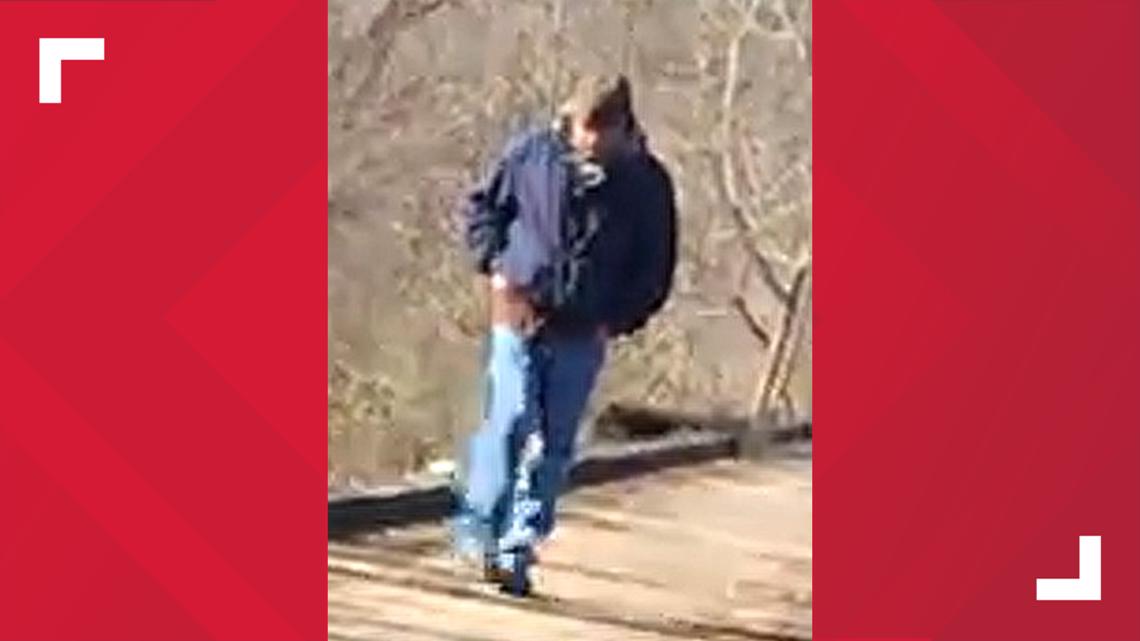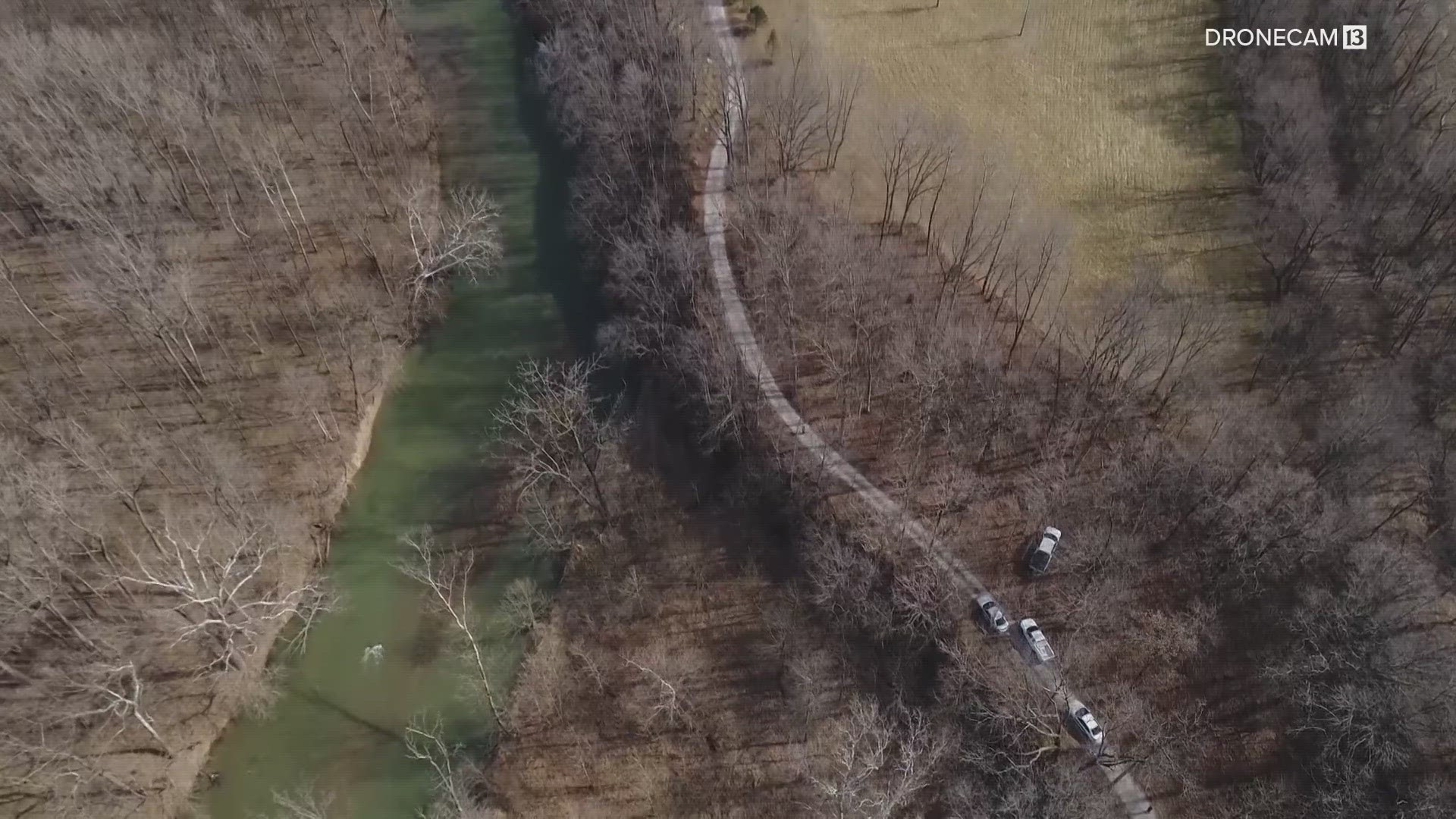DELPHI, Ind. — The special judge in the Delphi murders case must decide whether to grant a hearing on overturning the search warrant that led to the arrest of Richard Allen last October. Allen's attorneys believe the girls were killed by a group of men during a planned abduction and pagan sacrifice ritual.
In a 136-page memorandum, Allen's attorneys list 92 steps in the killing of Libby German and Abby Williams. Some of that is graphic in nature and we will not discuss it in this story. The defense argues that it's not plausible that one man, and certainly not the 5-foot, 4-inch Allen, committed the gruesome murders on Feb. 13, 2017, in the timetable investigators have presented.
The memo asks how one man could have forced the girls down a steep hill at 2:13 p.m. (the time the “Down the Hill” video was taken on Libby’s phone), marched them through the woods and made them cross a cold river in about waist-deep water, kept them from running or screaming with houses not that far away, then march them up in wet clothes to the murder site.


The attorneys say that one man would have had to restrain one of the girls in some way while killing the other. After killing the girls, the man would have had to maneuver the bodies and their clothing. Williams was found wearing some of her clothing and some of German's.
RELATED: Richard Allen's attorneys point to white nationalists practicing Odinism behind Delphi killings
The man then had to position the girls’ bodies as they were found staged at the crime scene, then collect sticks and branches and to lay out pagan symbols. The killer also marked a tree with a symbol.
Again, this is all according to the defense memorandum based on evidence reviewed by Allen's attorneys.
They say the man then had to clean up the scene to leave no DNA, hair, fingerprints or shoeprints, throw some of the girls’ clothing in the river, walk up a steep hill several hundred yards to the road, but then walk in broad daylight down the road where he was allegedly spotted by a woman just before 4 p.m.
The defense asks in the memo, "Were all these acts committed by one man acting alone?" The memo answers, "not plausible."
That's all information the defense says the judge should have received before signing the search warrant for Allen’s home last October, more than five years after the murders.
"What their strategy is, is to lay out all of this exculpatory information, all of this information that says it is possible it was not him, and but for the warrant on his home, no one would have probable cause for his arrest," said Katie Jackson-Lindsay, an Indianapolis criminal defense attorney and former deputy prosecutor.
The defense claims Allen left the trail that day around 1:30 p.m. and was probably at home when the girls were killed.
His attorneys claim the sheriff lied about the timetable and what witnesses saw that afternoon.

